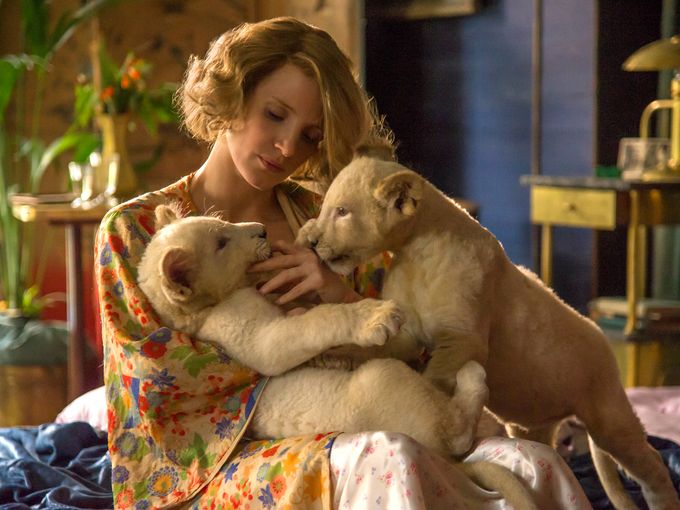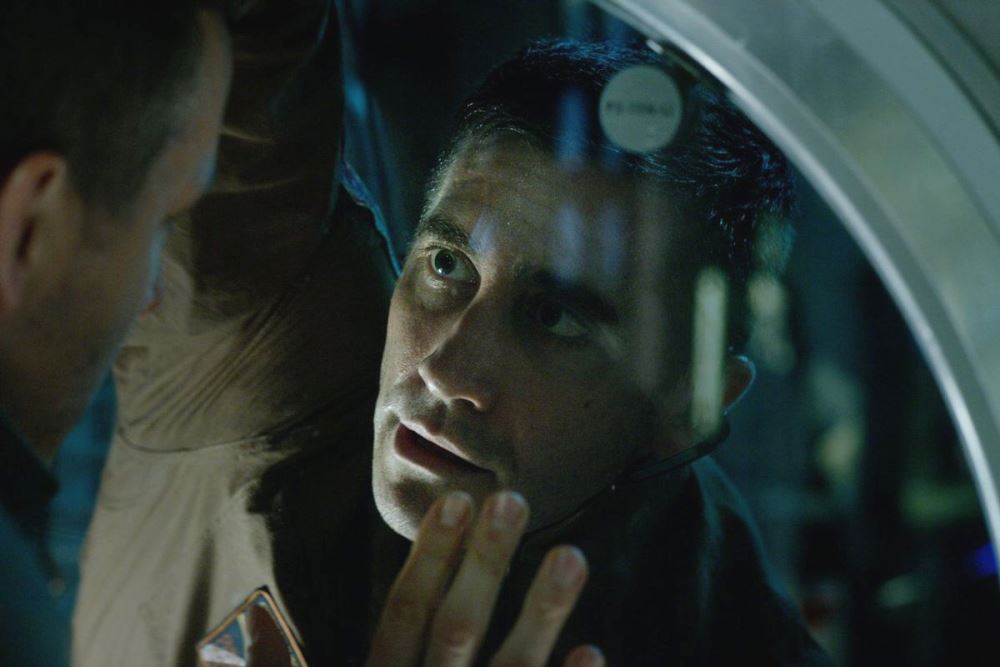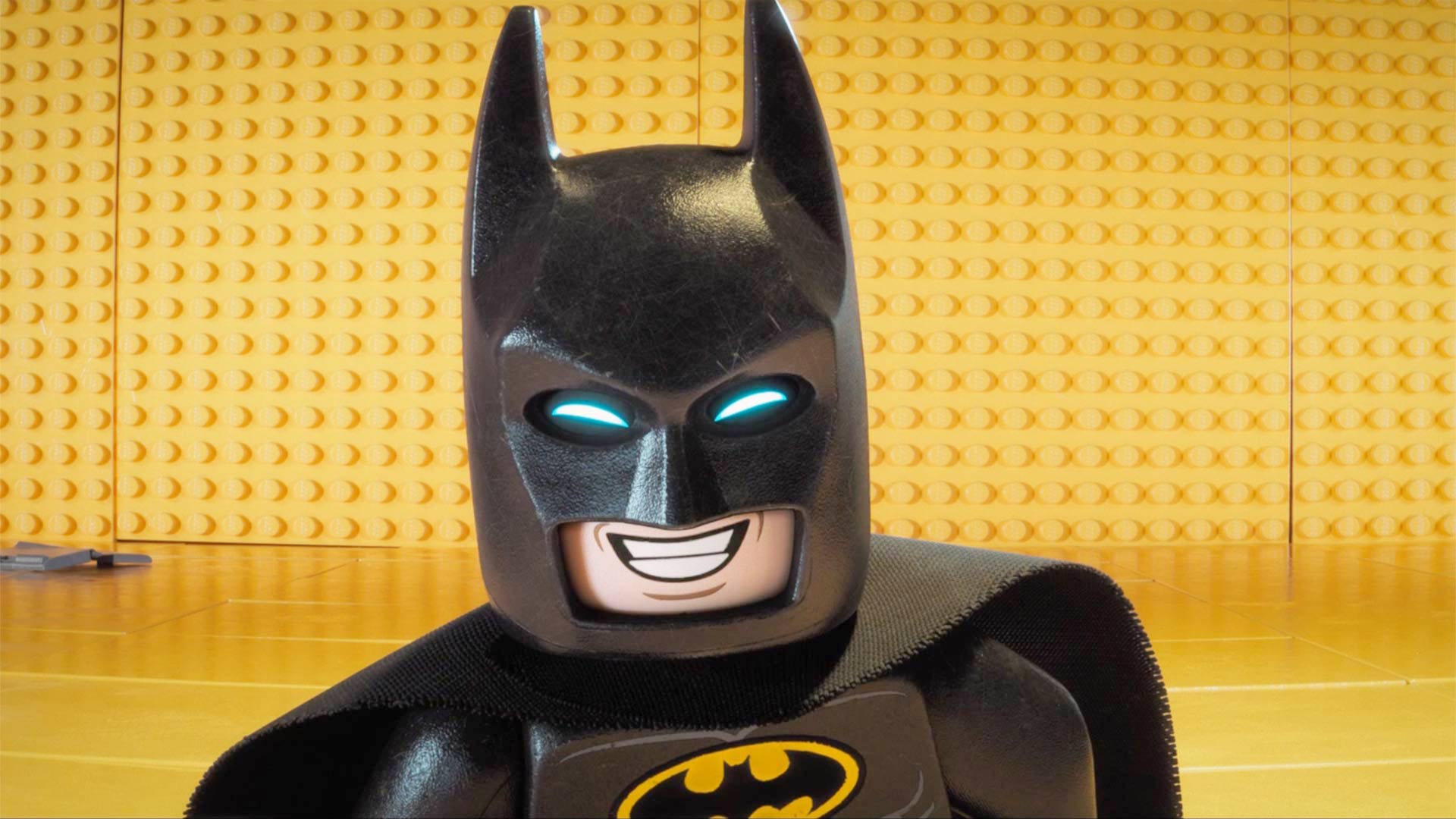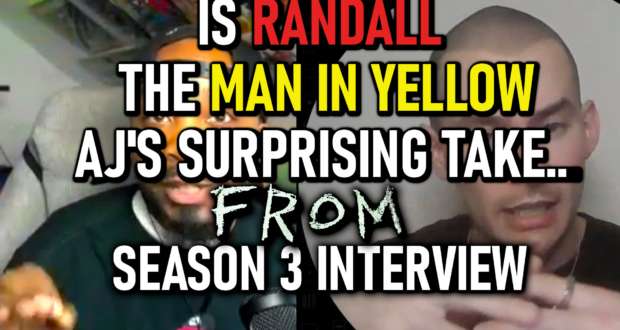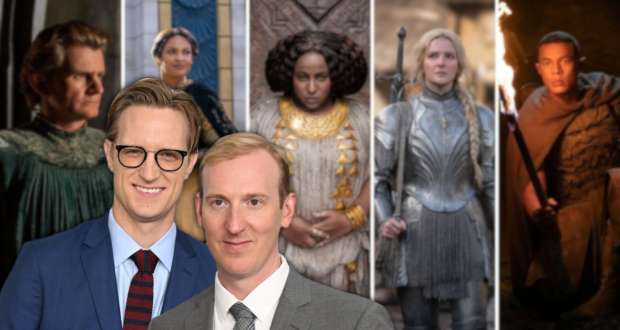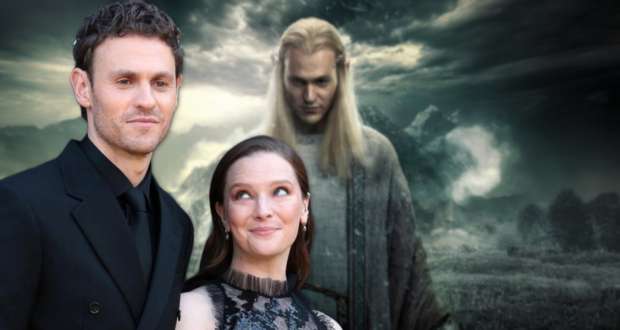[springboard type=”video” id=”1364917″ player=”tmbg001″ width=”599″ height=”336″ ]
Jim: Hi Sara.
Sara: Hey, how are you?
Jim: I’m great. So, I saw that you wrote and directed the movie, how did you come up with the idea for this film?
Sara: I had made a short film of the same title, it was at Sundance in 2010. It was set in a completely different world, it was set in my home town of Massachusetts in a soda factory. I am very interested in industrial America, and always had a fascination with it. In the case of the short film, there were some similarities, mostly schematic. I was interested in exploring an accident or a traumatic event set in the past that you never see on screen, so you are sort of experiencing the aftermath and its affect on the characters months and years later. In the case of the short film, a young man who has been in an accident comes back to town after rehab and begins to work at the soda factory. You don’t really know the story, it’s not revealed to the audience until towards the end of the short film. I was interested in keeping those threads in the feature. Not revealing everything upfront and certainly not showing the actual events on screen. Letting us feel the terror of it and how the characters deal with it in their everyday lives after it. When I was brainstorming for for ideas. I was interested in centering it around some sort of American industry. I thought coal country would be perfect, I was reading a lot about accidents that weren’t covered in the news. A bad one in 2010, and of course the Chilean miners. You know I was fascinated reading the articles, and realized most of America, just as myself didn’t know much about coal country and the daily grind of these guys that have to go into these mines. It accounts more than half of our energy needs in the United States. You know it’s hugely unpopular and controversial right now, so I thought all these things would be interesting fodder.
Jim: Is there a message you were trying to portray? This is sort of a mystery for our country.
Sara: Absolutely. I definitely had read so many articles from the US Department of Labor site, they actually keep all these transcripts from these accidents. You can really read the testimony of these miners. It really helped me get a sense of what things were like for them after an accident. You just got the details of what the emotional blow-back was in their own lives after these terrible things happened. For me I was interested in all sides of it. I think that’s why I have this three character structure. I was interested in what these upper level executives had to go through versus a 14 year old who lost his dad. I wanted to cover all sides of it. As I was reading I was starting to feel that this wasn’t really an easy black and white issue. Certainly I was critical of the corporate structure and pressures that corporations put on their workers. It was clear that there were so many shades of grey in this industry and probably many other industries out there right now.
Jim: Was this a movie that was hard to pitch to a Hollywood studio with a taboo topic like this?
Sara: Yes and no. We were very lucky to be supported by Sundance early one. I think they were really interested in stories that aren’t told often. We had a lot of support from financiers that were interested in seeing this world. It ended up working to our advantage because it was so unique and it was showing something that many American’s haven’t seen. They were totally worried what kinda money has to be put into this in order to get to a coal mine. It was a low budget film, so that was sort of always the challenge of it. One person who ended up executive producing was Chris Columbus, who has done the Harry Potter’s and Home Alone. His dad comes from a coal mining family in Pennsylvania. It was something really close to his heart, and he and his daughter Eleanor really fell in love with it and it was something personal to them. In some cases that really helped.
Jim: Yes, that personal connection is irreplaceable and not easy to find. How did you manage to attract such known and talented Hollywood actors such as Josh Lucas and Elizabeth Banks. These are some big names in a smaller indie film, how did the casting process start about?
Sara: I mean it was interesting. The script has been circulating at the agencies. Elizabeth immediately liked it and approached us. I think she’s been doing these big comedies, and she was really interested in segueing into something smaller and into her dramatic roots where she got her start. It was really cool for me to see her so enthusiastic about it and wanting to sink her teeth into. I think Josh Lucas was the same way, he liked the challenge of this role where he’s not painted as a villain. I think when they are doing such huge movies they don’t necessarily get these multi-dimensional parts.
Jim: These are definitely some meaty roles. It really showcases Elizabeth’s range and talent.
Sara: She’s hugely talented and smart. When we had our first meeting she was asking all the right questions. What was this woman’s health like? How does she do her hair? Who are her friends in the community? What kind of curtains does she hang in her living room? Her being so rigorous and wanting to take these risks and ask these questions was great to see as a director.
Jim: Any projects currently in the works for you?
Sara: Yeah, I’m working on my first TV pilot for a series I’d like to pitch to a network. It involves industrial America, and has a female protagonist. Very excited about that, in midst of that now.
Jim: Is that the type of theme you want to keep pursuing? The middle America?
Sara: Yeah, it’s not the only the only thing I want to do, but there is definitely something interesting to me about it. Industries are shutting down. The coal mine where we shot has closed down, and they are kinda only doing mountain salt mining. We are already seeing a change in the American industry, it’s something to document, it be a shame not to look at the affects of that. It’s something I definitely want to continue to explore. The other project I’m doing is trying to get the rights to a Sci-fi novel. It’s dramatic and naturalistic.
Jim: Seems like you have a lot of things going for you, and this film is definitely a good start. I can certainly appreciate a film about stories that happen every day.
Sara: Thanks a lot Jim.
Jim: Thanks Sara.
Sara: My pleasure Jim.
Little Accidents is available on DVD everywhere








